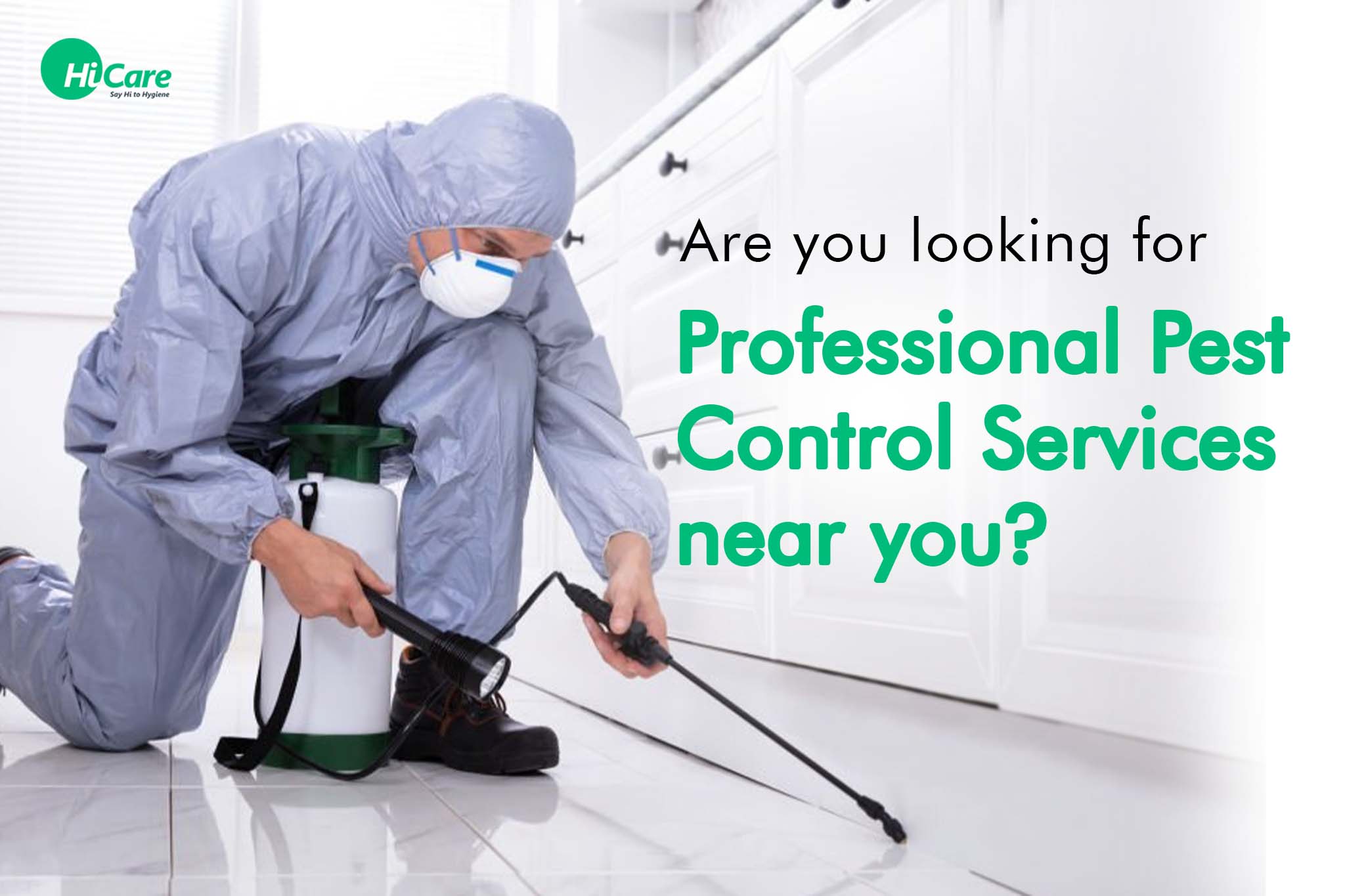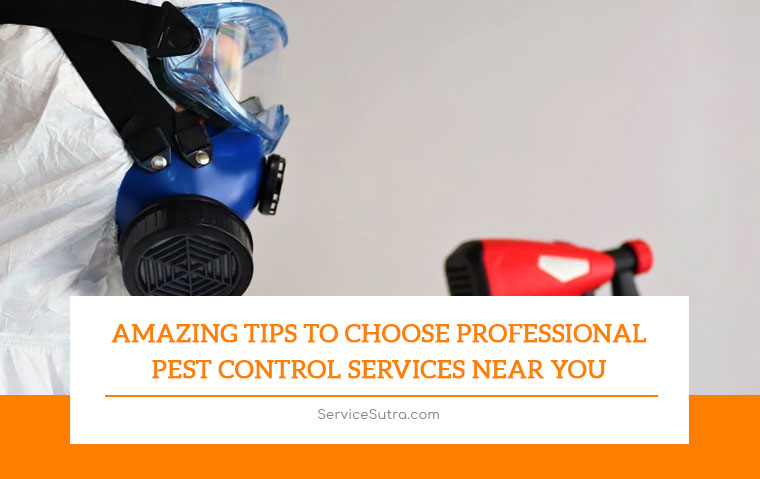Pest Control Clovis Done Right: Expert and Reliable
Understanding the Numerous Approaches to Pest Control: A Comprehensive Guide

Natural Bug Control Techniques
Using environment-friendly strategies such as companion planting and biological parasite control is vital for properly managing pests in agricultural setups. Friend planting entails growing different plants in proximity to hinder bugs, enhance nutrient uptake, and boost overall plant wellness.
Biological pest control entails introducing all-natural predators or microorganisms to control pest populaces. Ladybugs, for instance, prey on aphids, managing their numbers without the need for chemical pesticides. One more example is using Bacillus thuringiensis (Bt), a bacterium that targets certain insect pests while being harmless to humans, pets, and useful pests.
These environment-friendly methods not only lower the reliance on artificial chemicals however also assist maintain biodiversity and soil health and wellness. By including natural bug control strategies right into agricultural techniques, farmers can attain lasting parasite management while lessening adverse effect on the atmosphere.

Chemical Bug Control Solutions
Along with all-natural pest control methods, the usage of chemical bug control remedies plays a significant role in successfully taking care of pest populaces in farming settings. Chemical parasite control solutions are formulated to target specific bugs that might create extensive damages to crops. These options commonly have artificial chemicals that are designed to eliminate insects rapidly and effectively.
One of the key advantages of chemical pest control solutions is their performance in regulating insect invasions widespread. Farmers can use these remedies making use of different techniques such as spraying, fumigation, or seed treatment to shield their crops from damaging bugs, weeds, and conditions. Additionally, chemical insect control options are reasonably easy to apply and can provide quick results, helping farmers safeguard their returns and reduce economic losses.
However, it is important to utilize chemical pest control remedies sensibly to decrease prospective negative effect on the environment, non-target microorganisms, and human health. Correct application methods, adherence to safety and security guidelines, and normal monitoring are critical to guarantee the liable use chemical parasite control options in farming practices.
Organic Parasite Control Approaches
Biological bug control approaches take advantage of all-natural predators or microorganisms to manage bug populations in agricultural setups effectively. This technique supplies a sustainable and green service to pest monitoring, decreasing the reliance on artificial chemicals and decreasing harm to the atmosphere. One typical organic control strategy is the introduction of all-natural enemies, such as blog here ladybugs or parasitic wasps, to target certain parasites. These killers feed on the insects, assisting to manage their populaces normally - pest control clovis.
Another organic control method entails utilizing microorganisms like microorganisms, viruses, or fungis to infect and eliminate pests. On the whole, organic pest control strategies provide a lasting and targeted service to pest monitoring in agriculture.
Integrated Bug Management (IPM)
Integrated Bug Monitoring (IPM) is a thorough method that incorporates various bug control strategies to successfully take care of and reduce pest populaces in farming systems. IPM concentrates on long-lasting avoidance of parasites with a combination of biological, social, physical, and chemical control approaches. By integrating these different techniques, IPM intends to lower reliance on chemical pesticides, reduce ecological impact, great site and promote sustainable bug monitoring practices.
One secret element of IPM is using biological controls such as all-natural killers, bloodsuckers, and pathogens to regulate insect populations. This technique uses the power of nature to maintain a balance between parasites and their all-natural adversaries without creating injury to the setting.
In addition, IPM entails cultural practices like crop environment, turning, and cleanliness adjustment to produce undesirable conditions for insects and disrupt their life cycles. Physical controls such as traps, obstacles, and composts are likewise made use of to avoid insect invasions.
Physical and mechanical Parasite Control Techniques
Using non-chemical methods, such as mechanical and physical insect control techniques, is an important aspect of detailed insect management approaches, developing upon the structure of Integrated Pest Management's holistic approach. Mechanical pest control entails using physical obstacles or catches to protect against insects from accessing and damaging plants or structures. This approach can consist of methods like mounting screens on home windows, utilizing row covers in agriculture, or utilizing sticky traps to capture insects.
Physical bug control methods, on the various other hand, concentrate on straight getting rid of pests with physical means. For circumstances, using warm therapies to eliminate bed pests or vacuuming up insects like crawlers or ants can be reliable ways to handle infestations without making use of chemicals. By including these mechanical and physical parasite control techniques into an Integrated Parasite Management plan, professionals and people can lower reliance on pesticides while still successfully taking care of pest populations and lessening damages.
Verdict

In addition to all-natural insect control methods, the use of chemical insect control solutions plays a substantial role in properly handling pest populaces in agricultural atmospheres.One of the essential benefits of chemical insect control remedies is their efficiency in regulating insect problems on a big range.Integrated Insect Monitoring (IPM) is an extensive strategy that integrates numerous pest control techniques to properly manage and lessen pest populations in agricultural systems.Making use of non-chemical methods, such as physical and mechanical pest control methods, is a crucial element of thorough pest administration approaches, building upon the foundation of Integrated Bug Monitoring's holistic technique. By including these mechanical and physical insect control strategies right into an Integrated Insect Administration strategy, people and professionals can minimize dependence on chemicals while still effectively reducing and taking care of pest populaces damages.